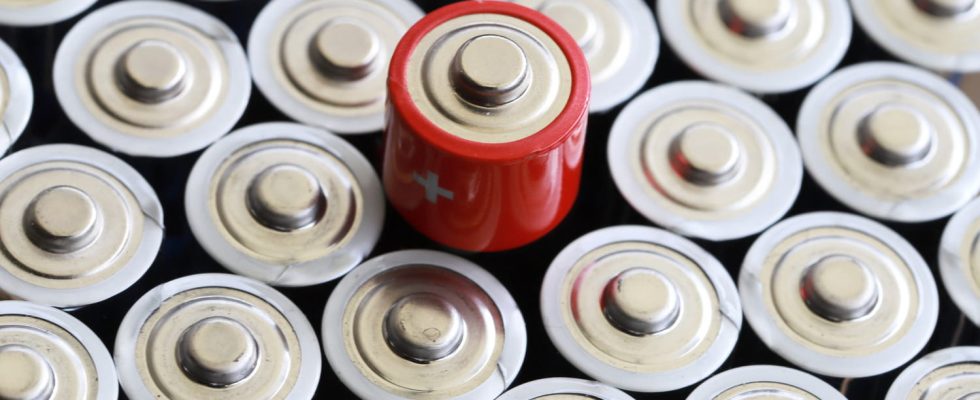Microsoft may well have made a shocking discovery for our daily lives. The firm has found a new material capable of replacing our old cells and batteries.
Will a computer giant be at the origin of one of the greatest scientific and technological advances of the century? In any case, this is what one of the latest posts published on the official Microsoft blog reports. The company has managed to discover a brand new substance that could reduce the use of lithium in our everyday batteries.
Lithium may be an essential and very practical material in our everyday lives, but it has many flaws. In addition to its considerable ecological impact, lithium takes several years to develop before it is fully usable.
Microsoft scientists studied this new material for weeks. Simply called “N2116”, the latter could, according to them, reduce the use of lithium in an existing cell or battery by almost 70%. Microsoft also explains on its blog that the N2116 would be efficient enough to successfully power a light bulb.
To do this, Microsoft relied on artificial intelligence to generate more than 32 million potential new materials. Of this sample, a total of 500,000 were stable enough to continue research. The team then used several artificial intelligence simulations to discover a new material capable of reducing or even replacing the lithium in our batteries.
Jason Zander, executive vice president at Microsoft, spoke about the importance of artificial intelligence in their research: “the goal of these missions was to succeed in compressing 250 years of scientific advances into the next 25 years. We think it’s these kinds of technologies that will help us achieve this. This is the way this type of science will be done in the future.”
However, we will have to wait a little longer before hoping to see N2116 replace lithium in our future cells and batteries, since the latter still has to be the subject of numerous tests, which will certainly be assisted by artificial intelligence.
